|
With increasing visitor use it is important to minimize our impacts and Leave No Trace during our visits to this special place. Minimum impact practices conserve natural conditions of the outdoors allow others the same enjoyable experience.
The Leave No Trace Seven PrincipalsLeave No Trace is a national program which promotes the protection of our nation's wildlands through education, research, and partnerships. Leave No Trace teaches minimum impact hiking and camping skills and wildland ethics and builds awareness, appreciation, and respect for our public recreation places.© The Leave No Trace Center for Outdoor Ethics: www.LNT.org. To reprint the Leave No Trace Seven Principles, include copyright language and please do not alter them without review from the Leave No Trace Center for Outdoor Ethics. 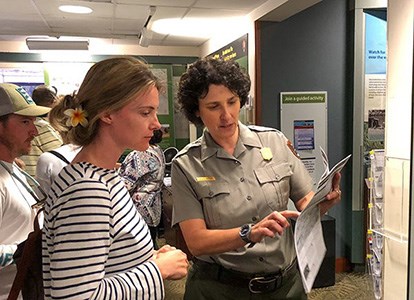
Plan Ahead and Prepare
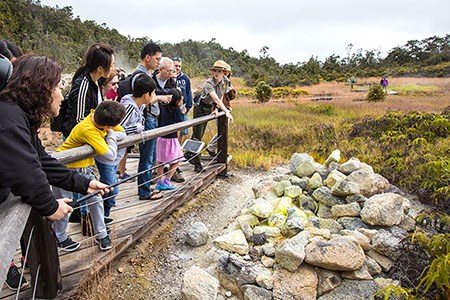
Travel and Camp on Durable Surfaces
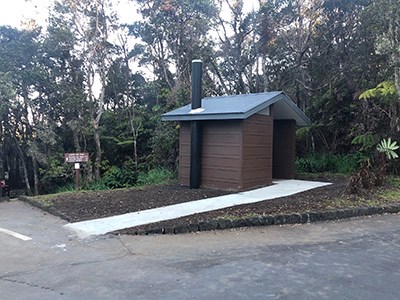
Dispose of Waste Properly
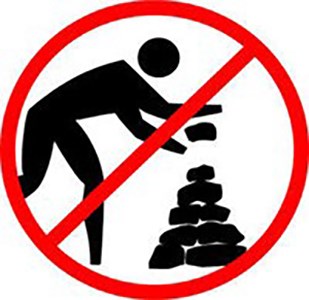
Leave What You Find
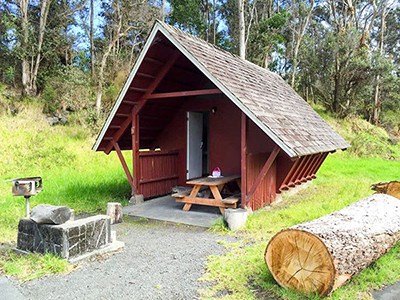
Minimize Campfire Impacts
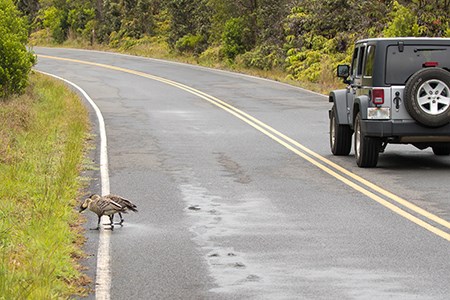
Respect Wildlife
Be Considerate of Others
|
Last updated: June 16, 2022
